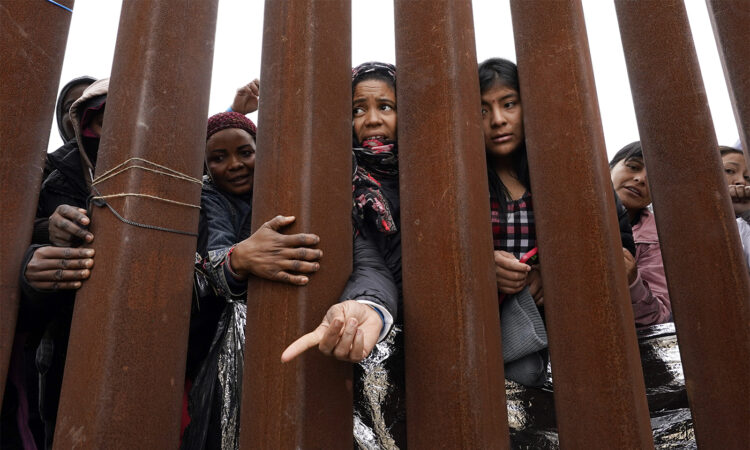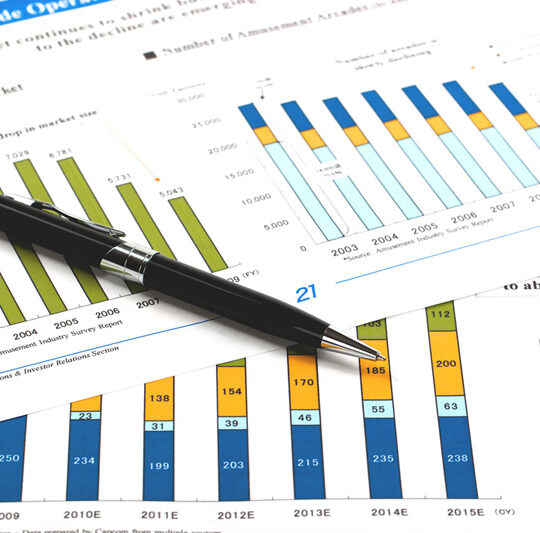
An immigration policy that would allow more migrants to legally enter and work in the country could benefit the overall U.S. economy, Northeastern experts say.
“Immigration reform is a tricky one,” says Mindy Marks, associate professor of economics at Northeastern University, “because it’s got winners and losers, and what we sometimes call ‘hidden winners.’”
It is hard to connect the immigration policy to the gains from it because the positive effects are diffused and hidden, she says, while those who are hurt by immigration are concentrated and visible. At the same time, migrants make a decision to leave their country for political, social and economic reasons that the U.S. won’t be able to fix in order to stop immigration.
In mid-May, the Biden Administration lifted Title 42, a provision from the 1944 Public Health Act that allowed the Trump Administration to halt immigration in 2020 due to the COVID-19 pandemic. The U.S. went back to the decades-old Title 8 of the Code of Federal Regulations with a few recent amendments.
Title 8 allows immigrants to request asylum if they express a fear of persecution or torture, or a fear of return to their country. However, all asylum seekers are required to first apply for protection in a country they have traveled through to reach the U.S. border.
If foreign nationals are caught crossing the border illegally they will be removed and subject to five-year ban or 10-year ban if caught re-entering the U.S. illegally.

Immigration generally has more positive effects on the economy than the negative ones, Marks says, as shown by the few studies that have attempted to measure the consequences of both legal and illegal immigration.
From the economic point of view, migrants are usually divided into low-skilled and high-skilled workers.
High-skilled workers have much less competition from American candidates, Marks says. The economy benefits because highly competent individuals who work in the U.S. legally are paying taxes and generating demand for more expensive products and services. They speed up innovation, she says, as many of them become patent holders, for example, and contribute to diversity of ideas and views.
But most migrants at the border right now are low-skilled workers, Marks says.
They, too, can generate demand though for less expensive products and services. They fill jobs in sectors that experience labor shortages, such as agriculture and care for the aging population at nursing homes. They also take up jobs in child care and cleaning services, Marks says, which frees up some high-skilled women from household responsibilities and increases female participation rates on the labor market.














